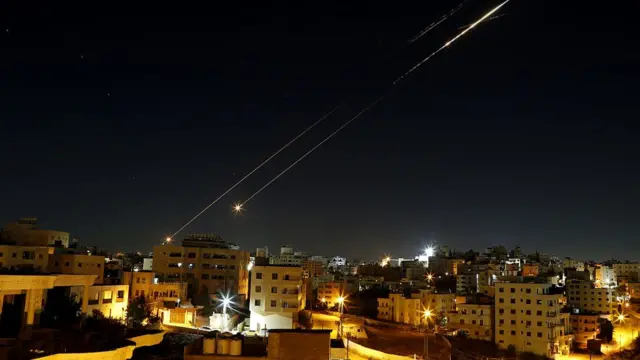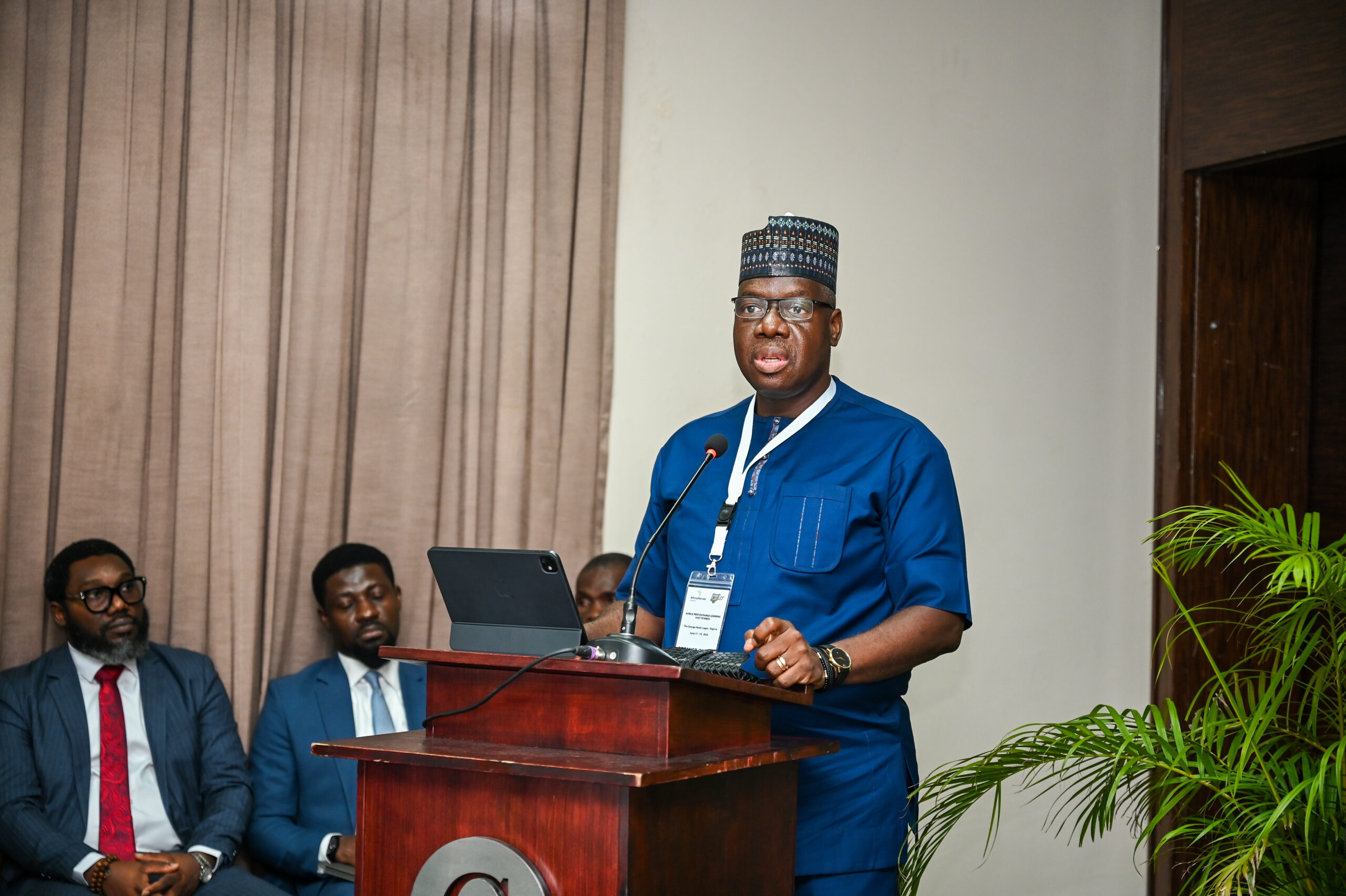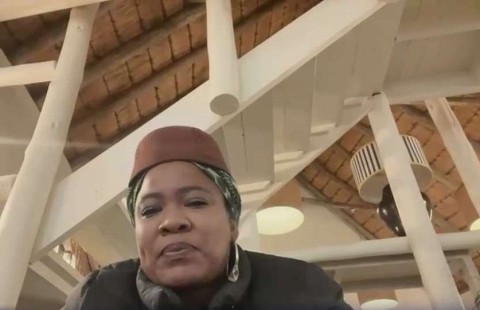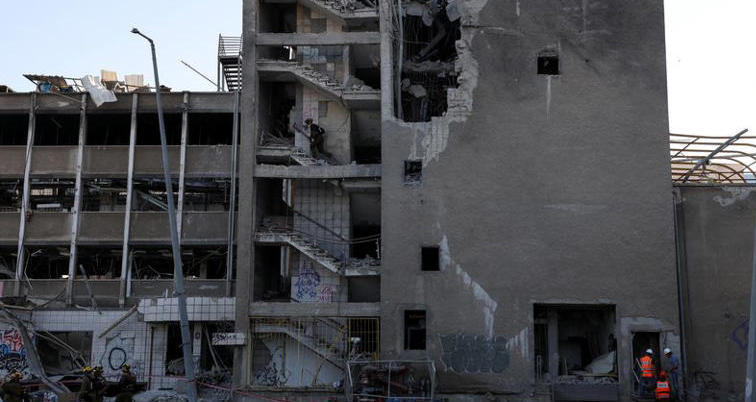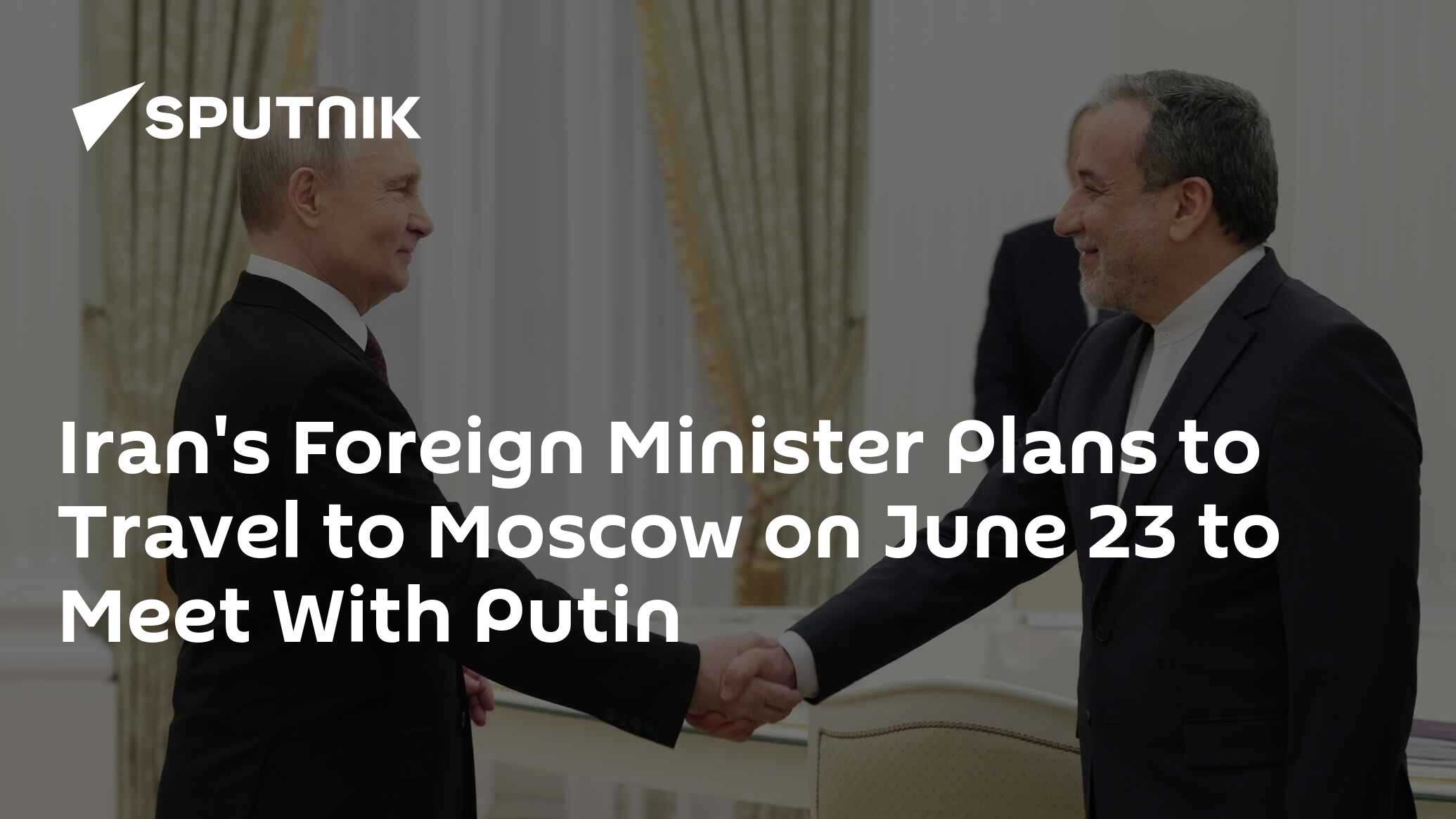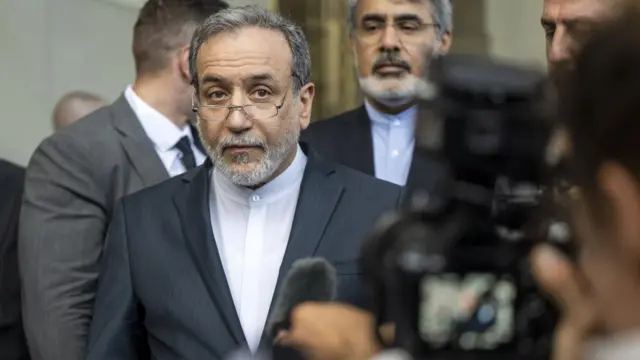 Image source, EPA
Image source, EPA
Iran's foreign minister Abbas Araghchi
On Friday, top diplomats from the UK, EU, Germany and France held hours-long talks with their Iranian counterpart, Abbas Araghchi, in Geneva.
The Europeans had hoped to make progress on a diplomatic breakthrough at what UK Foreign Secretary David Lammy called a "perilous moment".
But the talks didn't yield the outcome they wanted.
Araghchi told reporters afterwards Iran was only "ready to consider diplomacy once the aggression is stopped" and Israel is held accountable "for the heinous crimes committed".
He added that Iran's nuclear programme was peaceful, and that Iran would continue to "exercise its legitimate right of self-defence".
"I make it crystal clear that Iran's defence capabilities are non-negotiable."

